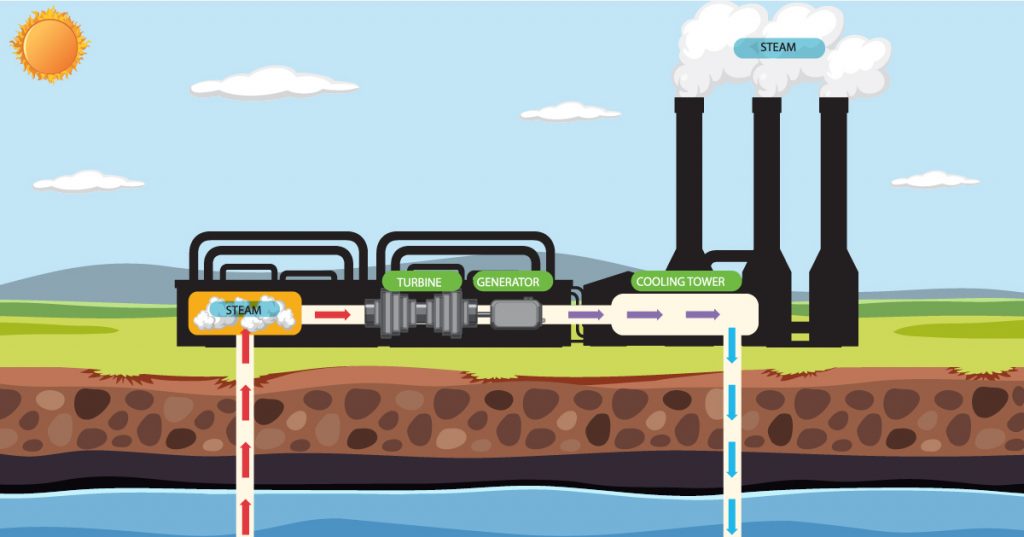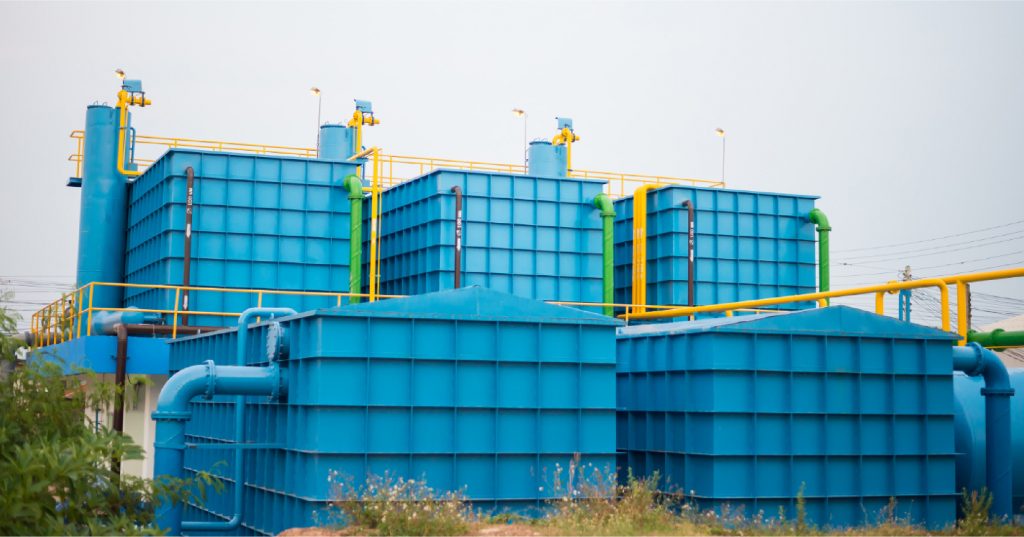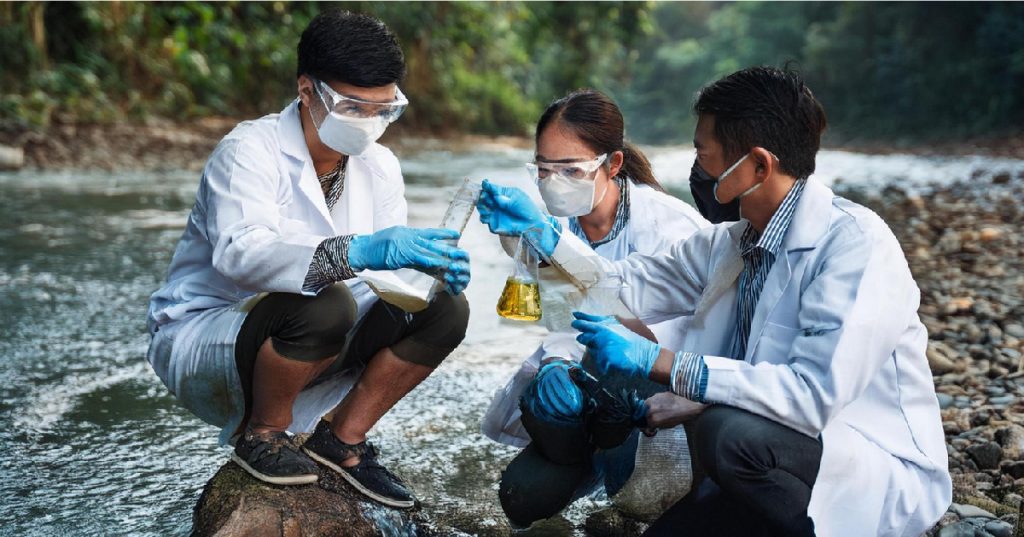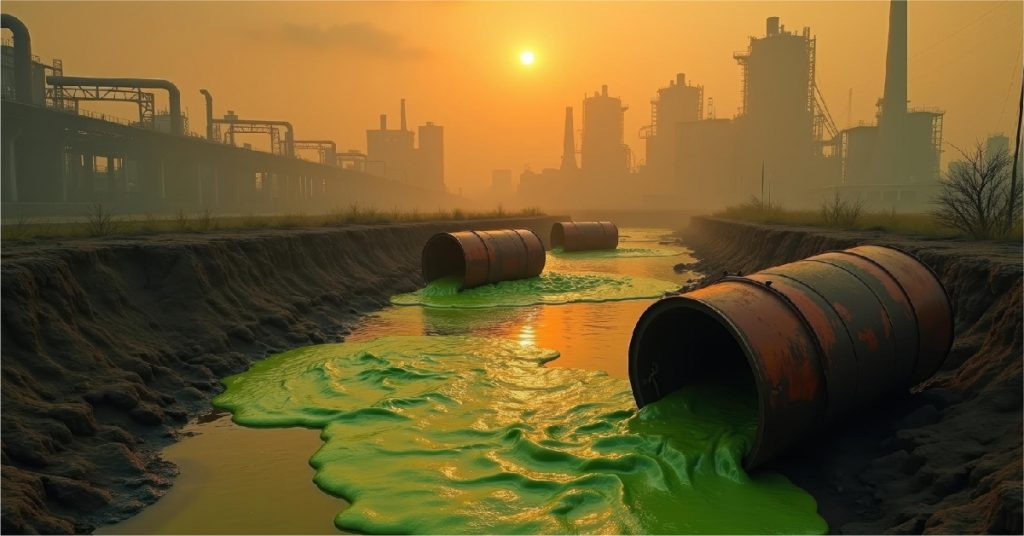As populations grow and climate change intensifies, water scarcity is emerging as one of the most pressing global challenges. Even developed nations with advanced infrastructure are grappling with this issue. Singapore, despite its robust water management strategies, faces unique vulnerabilities due to its limited land and natural freshwater sources. To ensure long-term water security, the country has embraced desalination as a critical part of its national water strategy.
What is Desalination?
Desalination is the process of removing dissolved salts and other impurities from seawater or brackish water to make it suitable for human consumption and industrial use. Using advanced technologies—most notably reverse osmosis—desalination plants can produce high-quality drinking water regardless of rainfall or river inflows.
For a nation like Singapore, which has no large rivers or natural lakes and depends heavily on imported water, desalination provides a reliable and independent source of water.
The Role of Desalination Plants in Singapore
Singapore has invested heavily in building state-of-the-art desalination plants that are now a cornerstone of its “Four National Taps” strategy—complementing imported water, local catchments, and NEWater (recycled water). These plants supply a significant share of the nation’s potable water demand and are crucial for long-term resilience.
Key contributions include:
- Reliable Supply – Unlike rainfall-dependent sources, desalination ensures consistent water availability.
- Resilience Against Climate Change – With unpredictable weather patterns, desalination reduces the risk of water shortages.
- Support for Growth – Industries, households, and institutions benefit from a steady supply of safe water.
The Global Relevance of Desalination
Beyond Singapore, many countries in the Middle East, Africa, and Asia are also turning to desalination to address their growing water crises. As freshwater resources dwindle, desalination is emerging as a dependable and scalable technology to meet rising demand.
Ion Exchange: Driving Water Security with Desalination
With climate change and freshwater scarcity threatening communities and industries, Ion Exchange provides concept-to-completion desalination solutions that ensure a reliable and sustainable water supply. Our expertise spans seawater intake, advanced membrane treatment, and underground storage, delivering large-scale, cost-effective systems tailored for long-term use.
In North Africa, Ion Exchange has played a pivotal role in strengthening water infrastructure by executing two major desalination projects of 40 MLD and 240 MLD, with another 60 MLD project under execution. These Seawater Reverse Osmosis (SWRO) facilities are designed to provide high-quality water for both industrial and community needs, helping the region combat the growing pressures of climate change and declining rainfall.
As a trusted partner for coastal regions and water-scarce geographies, Ion Exchange continues to pioneer sustainable desalination projects that balance efficiency, environmental responsibility, and future-ready water assurance.
Why Choose Ion Exchange?
In Singapore and globally, the demand for safe, sustainable water is growing. Choosing Ion Exchange means partnering with a leader that understands both the technology and the responsibility behind it. Our desalination plants are built to deliver consistent quality, operational efficiency, and environmental sustainability—key factors in addressing today’s water challenges.
Conclusion
Water scarcity is a global concern, and Singapore stands as a model in addressing it through innovation and foresight. By investing in advanced desalination plants, the country secures a reliable supply of safe drinking water and strengthens its resilience against future uncertainties. With Ion Exchange’s expertise, desalination becomes more than just a technology—it becomes a sustainable path to water security worldwide.





